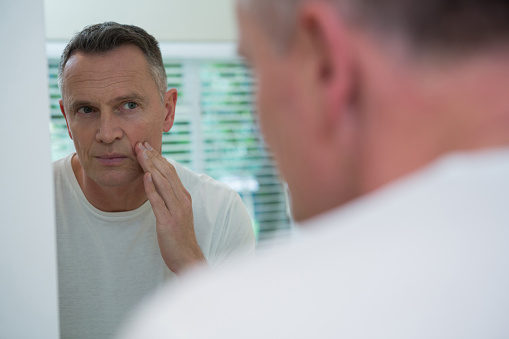
Dental cancer, also known as oral cancer, develops in the tissues of the mouth and even the throat. It is part of a larger group of cancer that is referred to as head and neck cancer. According to the National Institute of Dental and Craniofacial, doctors diagnose over 53,000 people with oral cancer each year. Oral cancer affects people above the age of 40 years.
People who smoke or use tobacco products are at significant risk of getting dental cancer. In fact, tobacco use causes 85% of dental cancer. Heavy and frequent alcohol use can also contribute to dental cancer. However, using both tobacco products and alcohol puts you at an even greater risk for dental cancer.
There are many types of dental cancer. These include; gums, lips, tongue, inner side of the cheek, and floor of the mouth. Your dentist will be the first person to spot your dental cancer. Thus, it is important to keep up with your dental appointments.
If you suspect you may have dental cancer, then these are the symptoms you should watch out for; bleeding in the mouth, sore mouth or lip that will not heal, growth or a mass in the mouth, lump in the neck, neck, or face numbness. Other common symptoms include sore neck and jaw pain or stiffness.
Some of these symptoms may show other diseases and not oral cancer. However, if you experience any of these symptoms that will not go away, it is best to consult with your dentist.
Treatment of dental cancer will depend on where the cancer is, its type, and the stage diagnosed. However, here are a few treatment options;
SURGERY If they diagnosed the cancer in the early stages, surgery to remove the cancer and lymph nodes is the first option. However, doctors may issue treatment via intravenous (IV) or orally to kill the cancer cells. You may either receive the treatment as an inpatient or as an outpatient program.
RADIOTHERAPY In this form of treatment, the doctor aims radiation beams at the tumor. The treatment is done once or twice a day, five days a week, for eight weeks.
It is best to take measures that will prevent oral cancer. Do not smoke or use any tobacco products. Drink in moderation and avoid binge drinking. You should also eat a balanced diet and make sure that you keep up with your dental appointments.